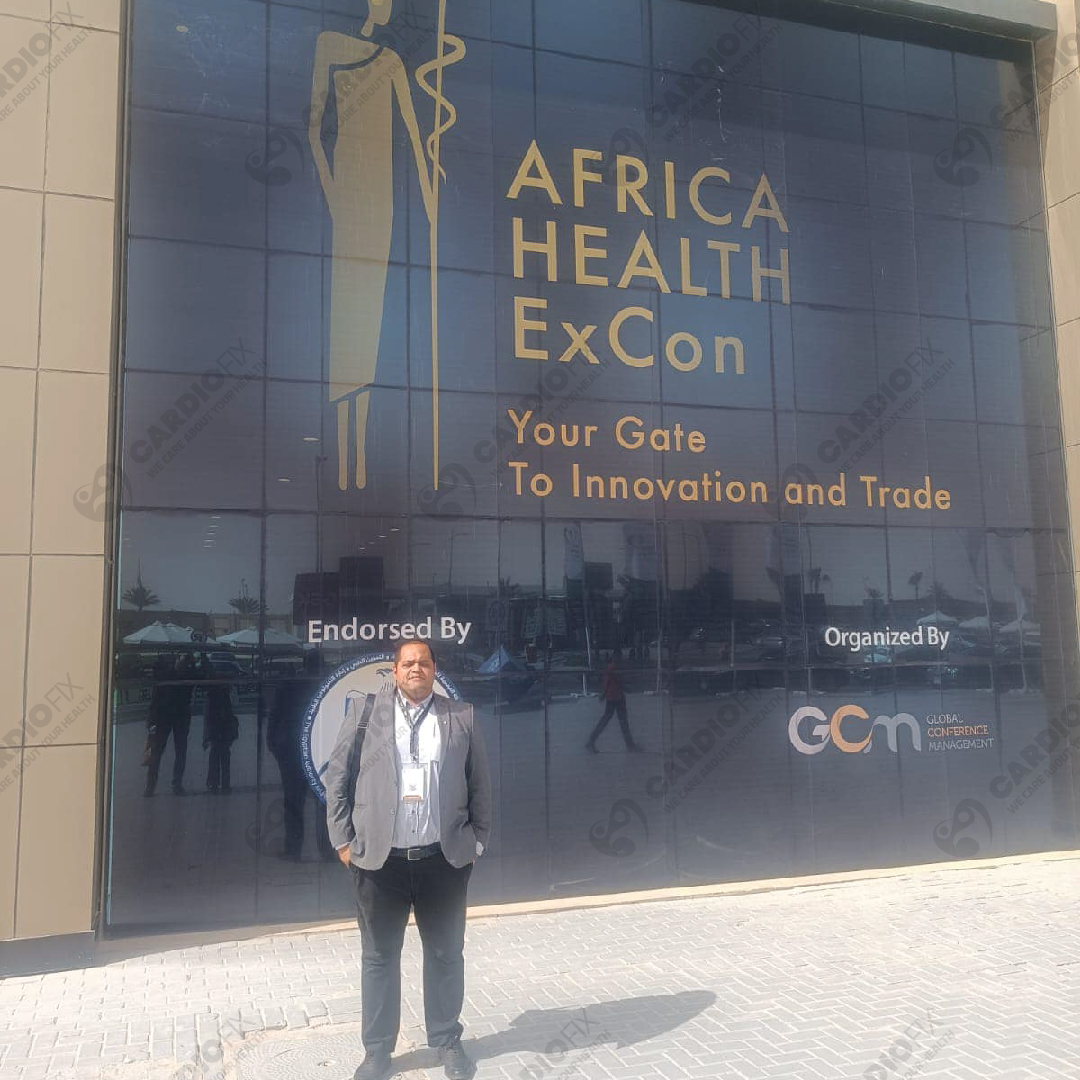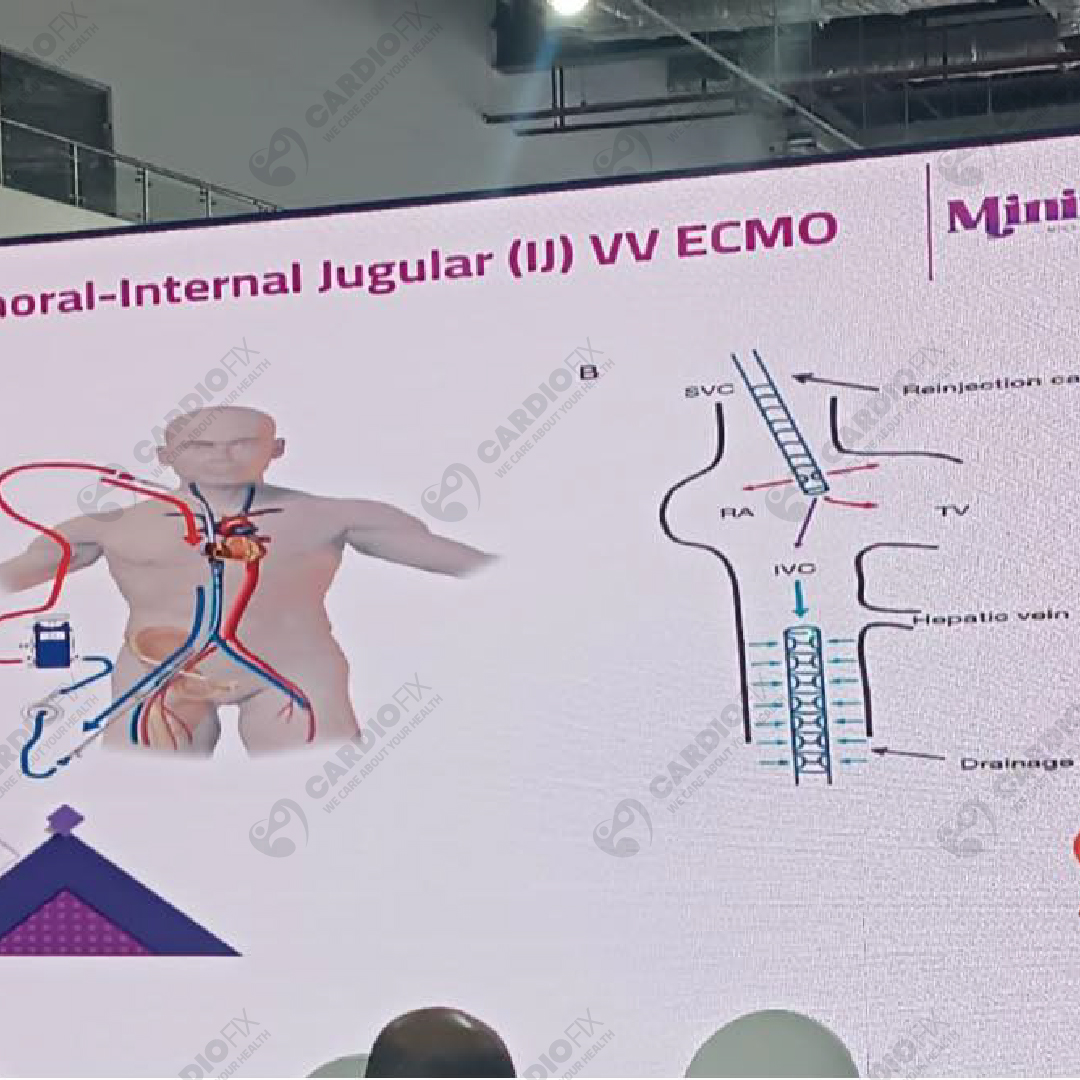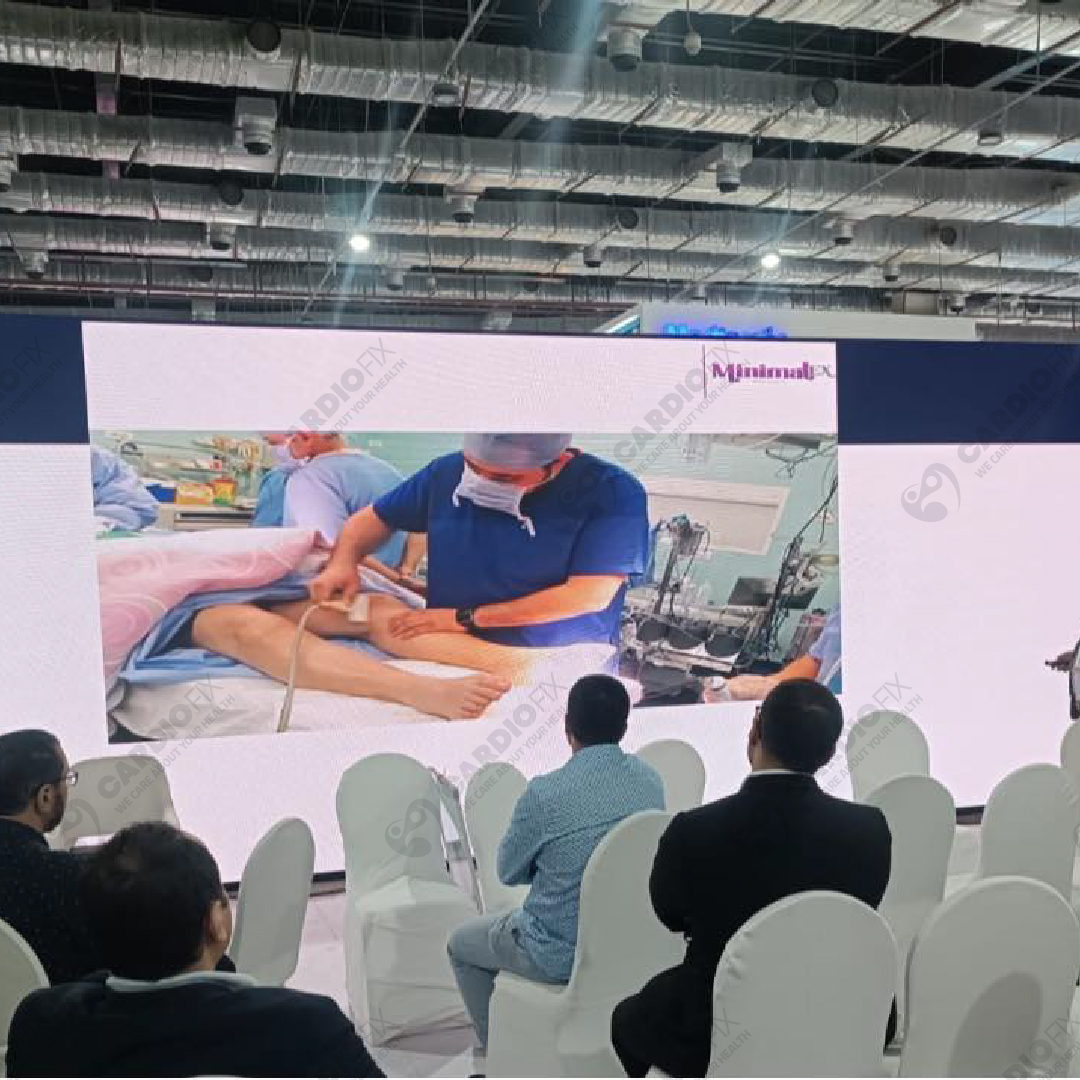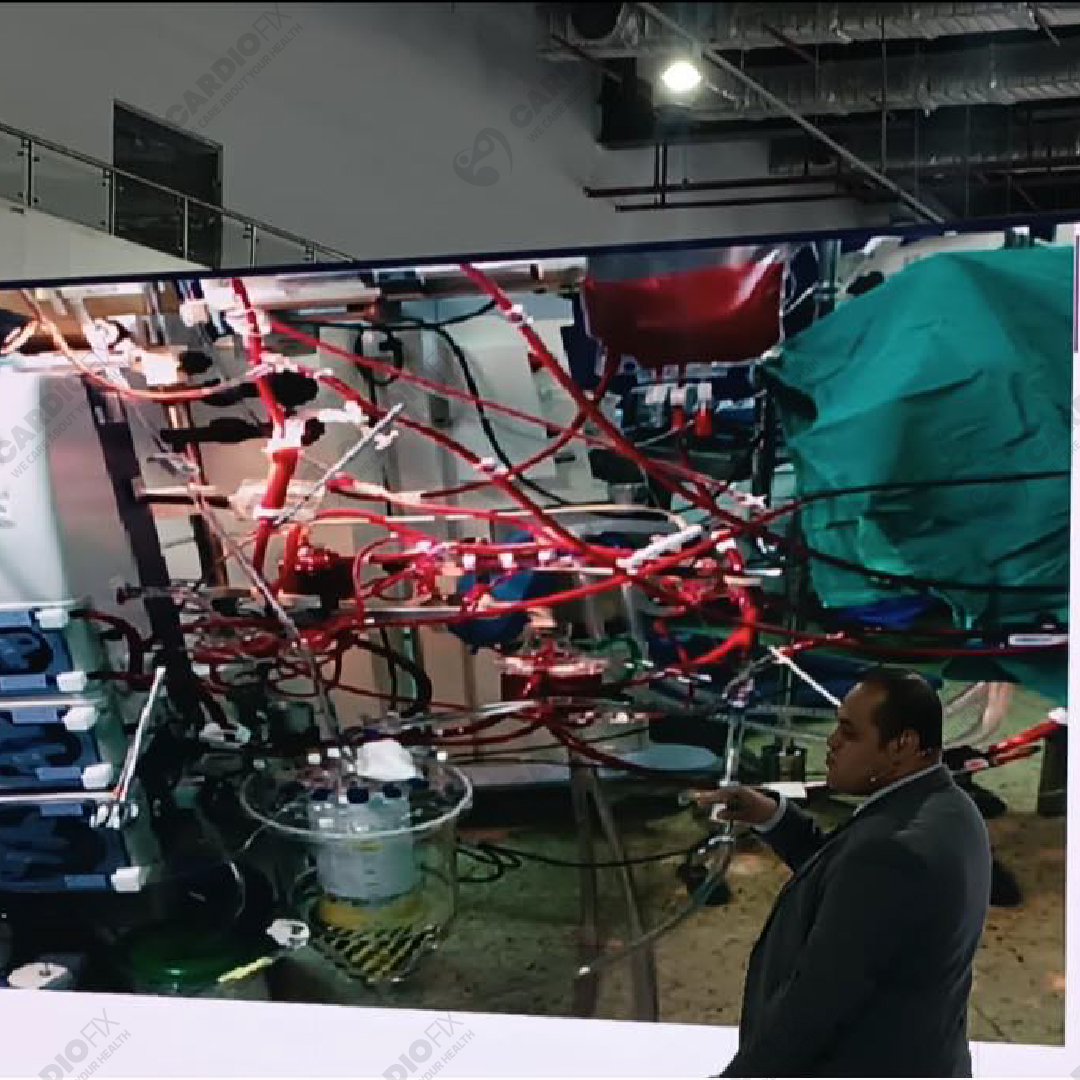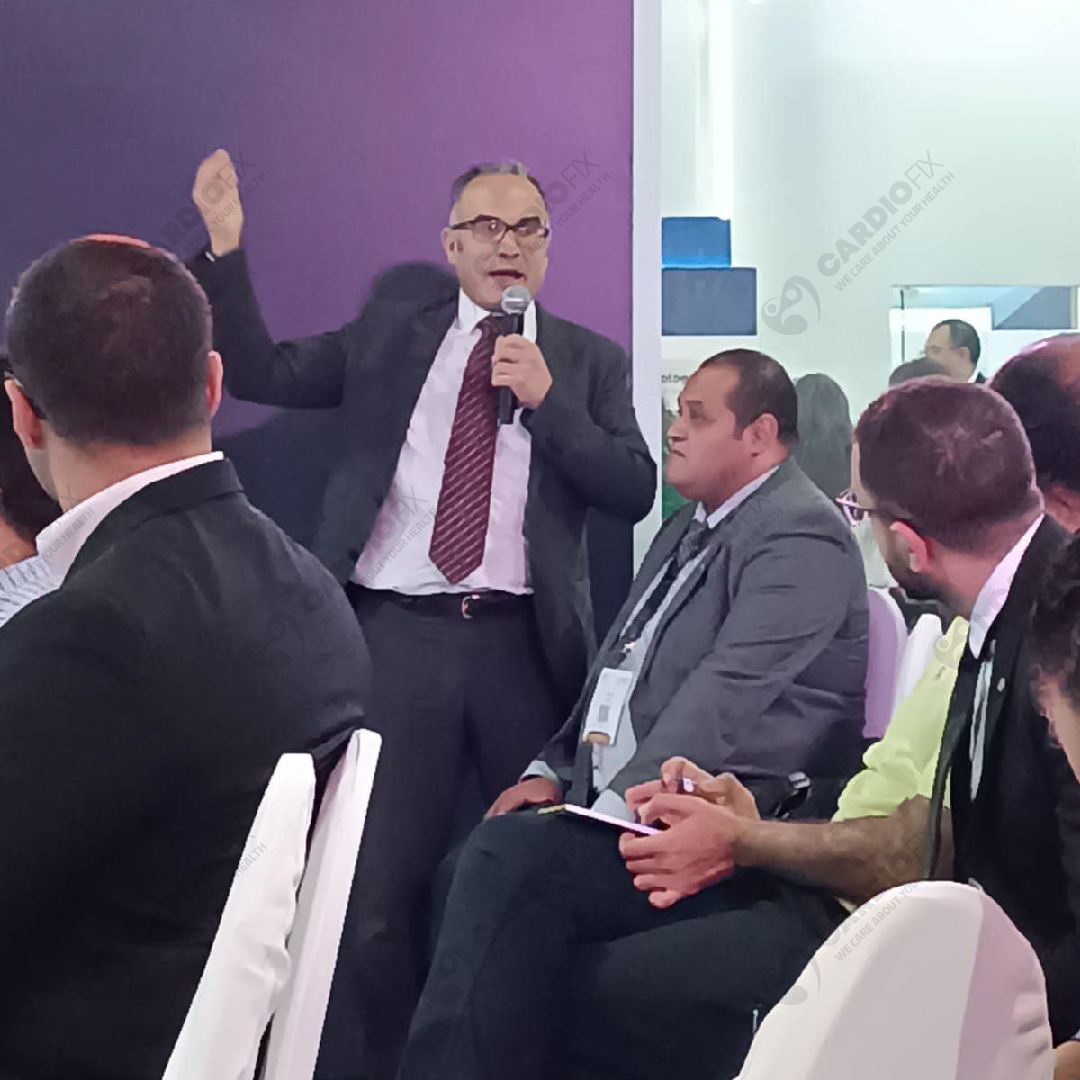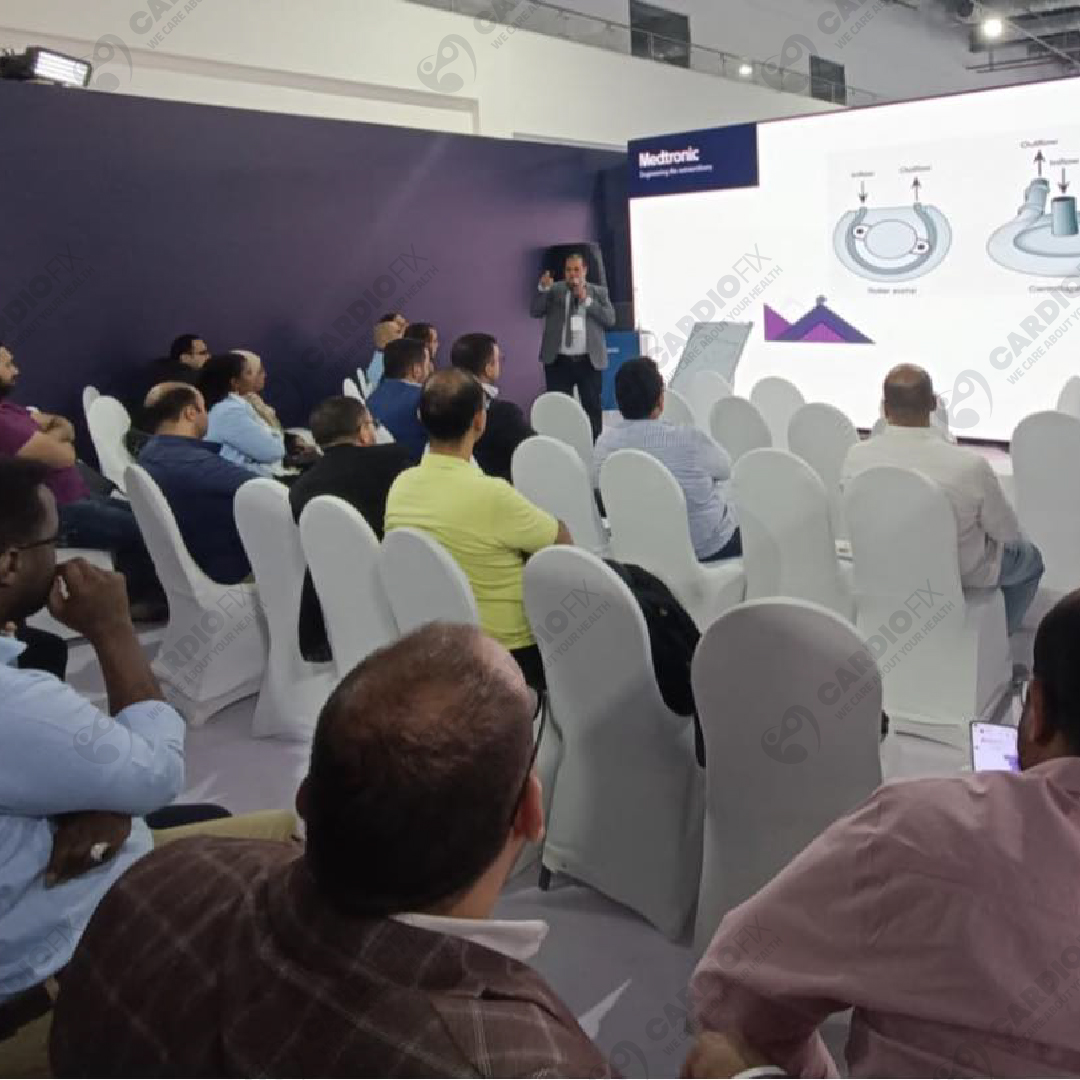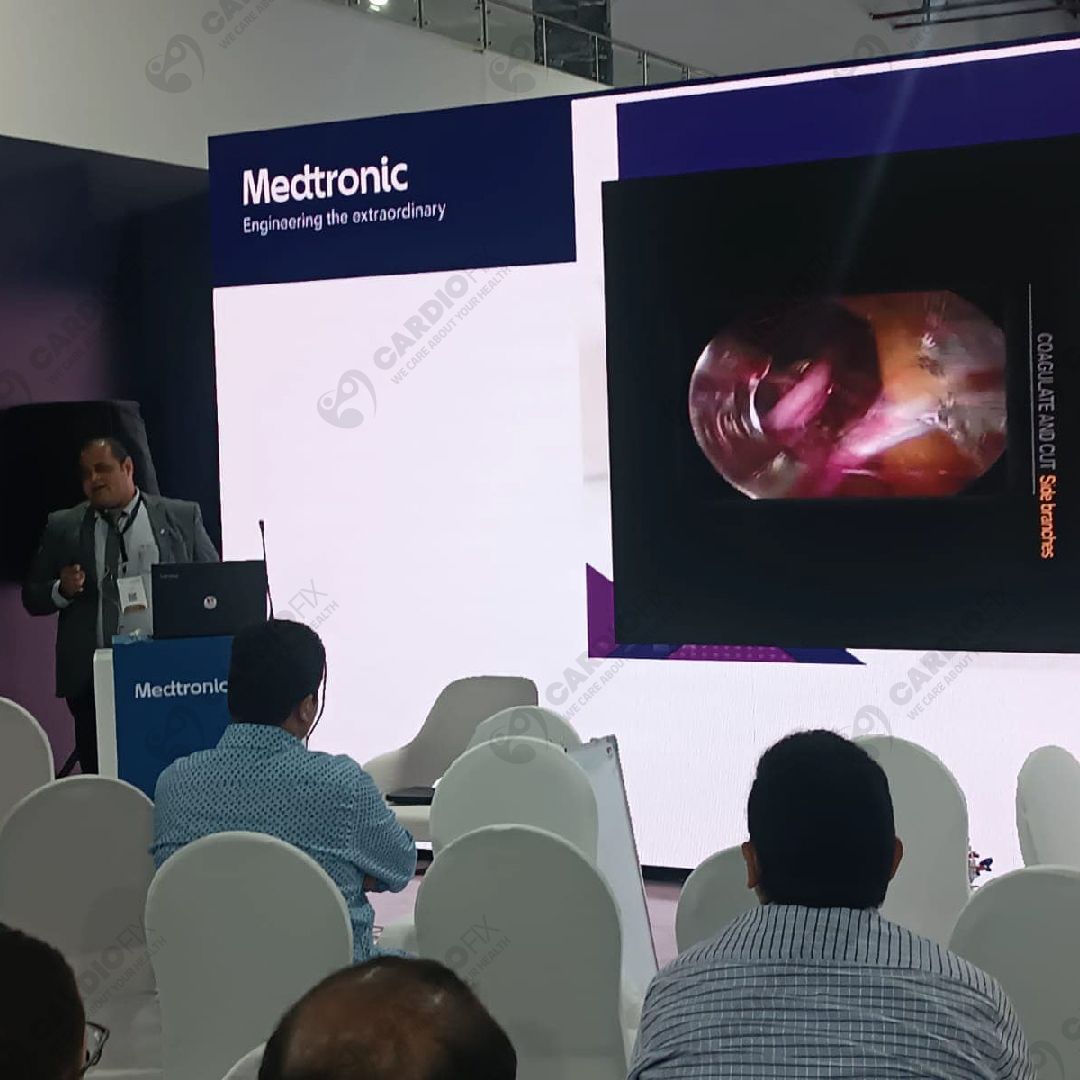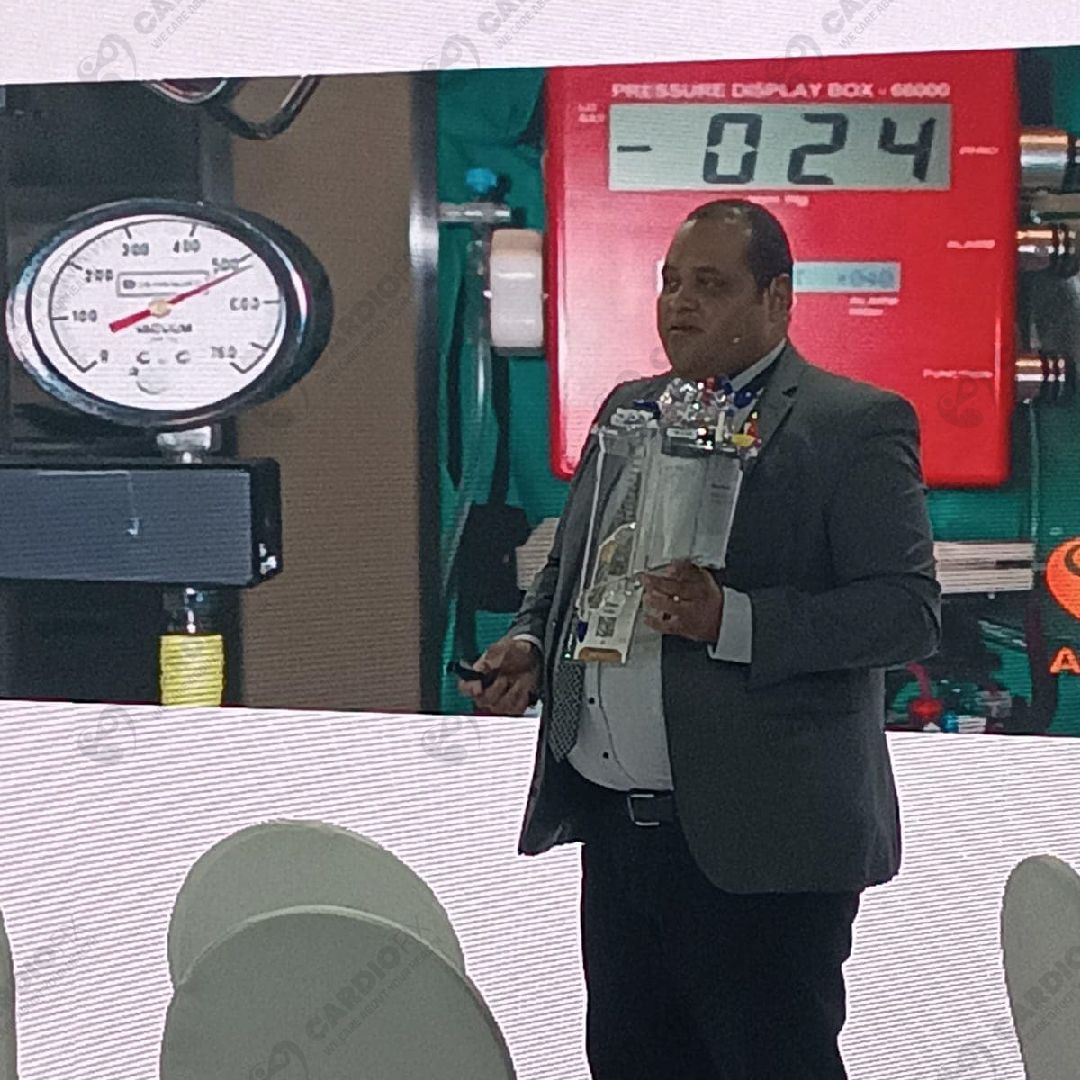During Minimalex course with Medtronic, CardioFix recently held two informative lectures as part of the Minimally Invasive Cardiac Surgery (MICS) course accredited by the Royal College of Surgeons. The lectures covered two crucial aspects of cardiac surgery – Extracorporeal Membrane Oxygenation (ECMO) and Perfusion, and Endoscopic Vessel Harvesting (EVH) with special preparations for MICS.
ECMO is a life-saving technique used to provide support for patients who have severe heart or lung failure. The ECMO machine pumps the patient’s blood outside the body, circulates it through an artificial lung, adds oxygen and removes carbon dioxide, then returns the blood back into the patient’s bloodstream. The ECMO machine essentially takes over the patient’s respiratory and circulatory functions, allowing their failing heart or lungs time to recover. The lecture on ECMO covered the different types of ECMO systems available, indications for ECMO, how to set up and manage an ECMO system, and complications associated with ECMO therapy.
Perfusion is another essential aspect of cardiac surgery, where the perfusionist operates the heart-lung machine during the surgical procedure. The heart-lung machine temporarily takes over the heart’s pumping function, allowing surgeons to perform complex surgeries while the heart remains still. The lecture on perfusion discussed the various components of the heart-lung machine and their functions, the principles of cardiopulmonary bypass, and the potential complications associated with perfusion therapy.
The second lecture focused on Endoscopic Vessel Harvesting (EVH), which is a minimally invasive technique used to harvest healthy vessels from the patient’s body for use in coronary artery bypass grafting (CABG) surgery. EVH can be performed through small incisions, which results in less postoperative pain and faster recovery times for the patient. The lecture covered the preparation required for EVH in MICS, the equipment used for the procedure, and the advantages of EVH in MICS.
Overall, these lectures provided valuable insights into critical aspects of cardiac surgery, particularly in the context of minimally invasive procedures. The knowledge gained from these lectures can help surgeons improve patient outcomes and recovery times, ultimately benefiting patients who require cardiac surgery. The fact that the course is accredited by the Royal College of Surgeons speaks to its credibility, and attendees can be assured that they are receiving top-notch education in their field.
